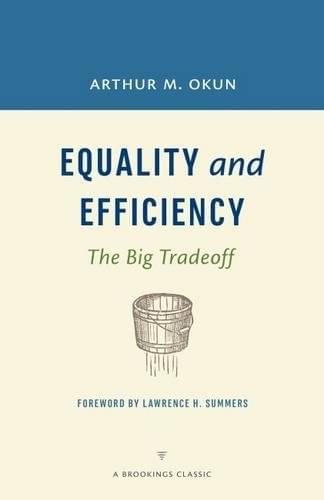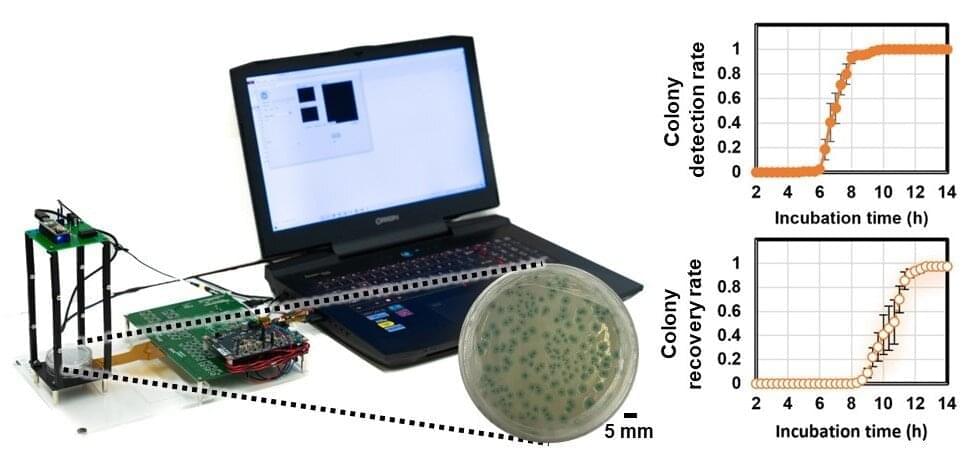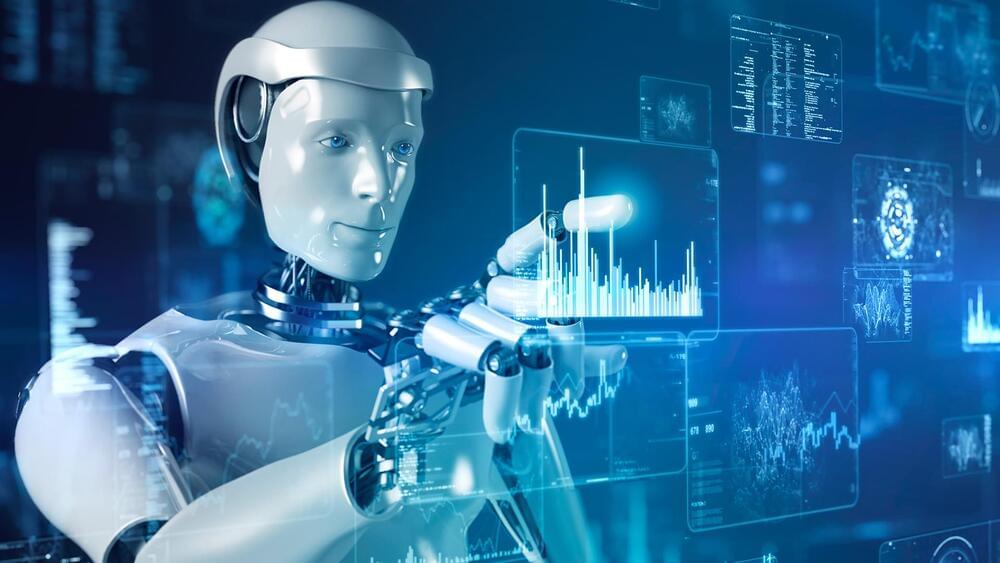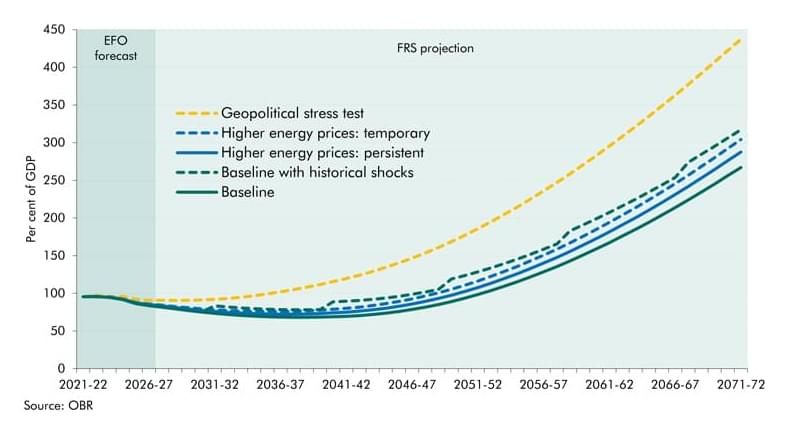Live now, on the Space Renaissance YouTube channel.
We are stepping at the gates of a new era in space exploration, one which will finally incorporate the inner solar system to society’s daily life and economics. The first step is the Moon, and the asteroids will probably follow. The surface of those bodies presents special challenges for human and technological activities as well as resource exploitation. These challenges, which include regolith, extreme thermal amplitude, high energy radiation and surface mineral mixing among others, open the door to new operational approaches. COLMENA is the pathfinder of one such avenue: using swarms of micro-rovers for scientific exploration, resource prospection or, eventually, mining The first COLMENA mission will deploy 5 microrovers (56 grams each) on the Moon surface by the end of this year, flying on board a private spacecraft. In the talk I will briefly explain the context, technical characteristics and objectives of the mission, as well as its future.
A short bio.
Dr. Gustavo MEDINA TANCO is Professor at the Institute of Nuclear Sciences of UNAM in Mexico, where he leads the group of ultra-high energy cosmic rays and is the Head of the Laboratory for Space Instrumentation, LINX, which he created in 2009. He has also created, and is responsible for, the National Laboratory for Space Access (LANAE) in state of Hidalgo, Mexico, which will start operation in 2022. He was for 10 years the science coordinator of the International JEM-EUSO Collaboration and member of its executive board and, as such he lead the Mexican participation in the development of several instruments under the coordination of CNES, NASA, ASI and ROSCOSMOS.






